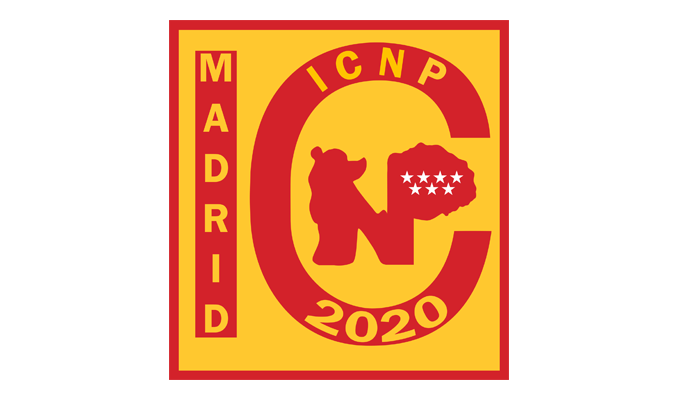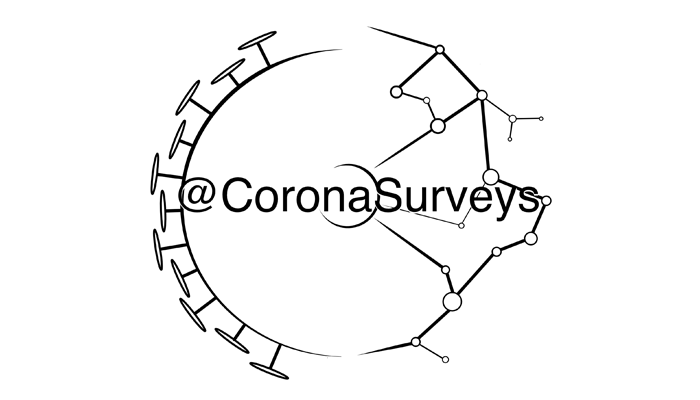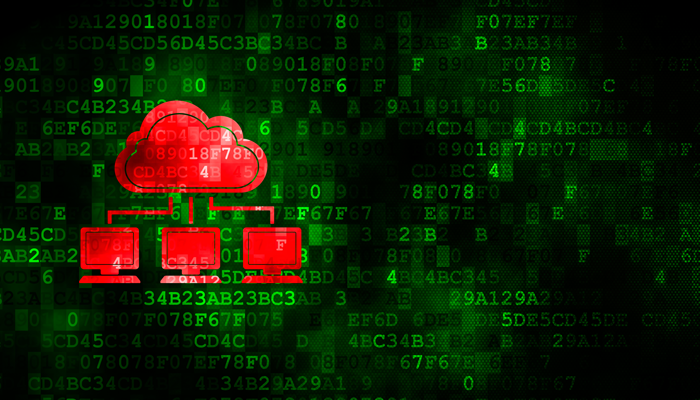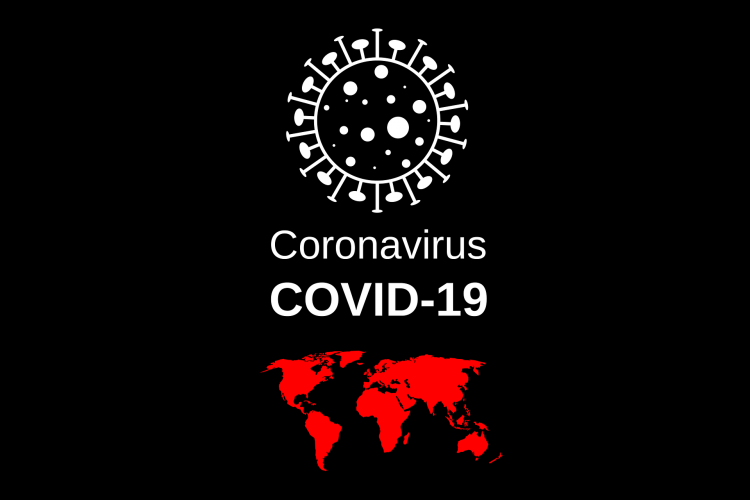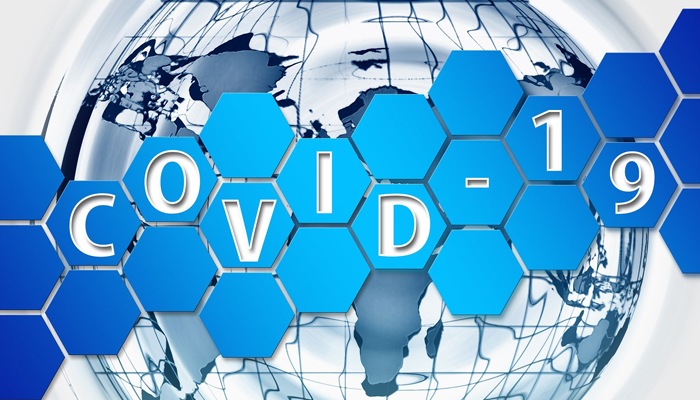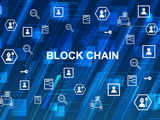IMDEA Networks

142 resultados para: antonio+fernandez+anta
IMDEA Networks ha acogido la conferencia ICNP 2020
octubre 23, 2020
IEEE ICNP 2020 se reunió del 13 al 16 de octubre. Por primera vez en sus 28 años de historia,...
Ir a noticiaarrow_right_altIEEE ICNP 2020
On October 13 through 16, IMDEA Networks Institute will host IEEE ICNP 2020, the 28th annual edition of the IEEE...
Ir a eventoarrow_right_altEl proyecto liderado por el investigador de IMDEA Networks para medir la incidencia real de la covid con encuestas en redes sociales llega ya a 150 países
julio 8, 2020
El proyecto denominado CoronaSurveys para “Medir el iceberg” partió de la idea de que hay una punta del iceberg que...
Ir a noticiaarrow_right_altEl presente del futuro del análisis de datos
mayo 29, 2020
Antonio Fernández Anta ha participado en una de las “MBA Talks” del centro académico canario MBA Business School: “Big Data &...
Ir a noticiaarrow_right_altCómo sacar el máximo partido a los tests
abril 24, 2020
Con la COVID-19 azotando todas las áreas de nuestras vidas, existe una necesidad tanto social como política por saber cuál...
Ir a noticiaarrow_right_altUn equipo internacional liderado por un investigador de IMDEA Networks cifra en más de dos millones los casos sintomáticos actuales de COVID-19 en España
abril 2, 2020
Para gestionar adecuadamente la pandemia de Covid-19, los gobiernos y los científicos que los asesoran necesitan datos lo más reales...
Ir a noticiaarrow_right_altFormalizing and Implementing Distributed Ledger Objects
Despite the hype about blockchains and distributed ledgers, no formal abstraction of these objects has been proposed. To face this issue, in this paper we provide a proper formulation of a distributed ledger object. In brief, we define a ledger object as a sequence of records, and we provide the operations and the properties that such an object should support.
Ir a eventoarrow_right_altDefensa Tesis Doctoral: Achieving Reliability and Fairness in Online Task Computing Environments
We consider online task computing environments such as volunteer computing platforms running on BOINC (e.g., SETI@home) and crowdsourcing platforms such as Amazon’s Mechanical Turk. We model the computations as an Internet-based task computing system under the master-worker paradigm. A master entity sends tasks across the Internet, to worker entities willing to perform a computational task.
Ir a eventoarrow_right_altDefensa Tesis Doctoral: Online Scheduling in Fault-Prone Systems: Performance Optimization and Energy Efficiency
Everyone is familiar with the problem of online scheduling, even if they are not aware of it; from the way we prioritize our everyday decisions to the way a delivery service must decide on the route to follow in order to cover the ongoing requests. In computer science this is a problem of even greater importance.
Ir a eventoarrow_right_altDefensa Tesis Doctoral: Opportunistic Device-To-Device Communication In Cellular Networks: From Theory To Practice
Cellular service providers have been struggling with users’ demand since the emergence of mobile Internet. As a result, each generation of cellular network prevailed over its predecessors mainly in terms of connection speed.
Ir a eventoarrow_right_alt


